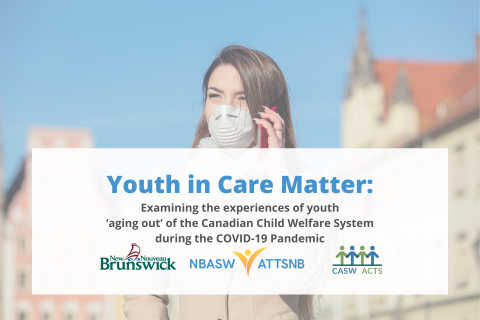
Dr. Melanie M. Doucet, PhD Social Work, MIDST
Dr. Doucet has been working to improve the lives of youth in care for over 15 years. She is a former youth in care originally from New Brunswick, and is now based in the unceded traditional territory of the Mohawk Nation in Montreal, Quebec. She holds a PhD in Social Work, is an expert consultant, an Adjunct Professor at the McGill University School of Social Work and a researcher at the Centre for Research on Children and Families (CRCF). Dr. Doucet is a renowned public and keynote speaker on the importance of equitably supporting youth in and from care from a rights-based and humane perspective, and is an award-winning researcher. Her doctoral research, titled Relationships Matter for Youth ‘Aging Out’ of Care, provided a platform for youth from care to develop child welfare research, policy and practice recommendations based on their lived experience expertise. She continues to work as part of provincial, territorial and national youth in care advocacy communities on child protection policy and practice reform initiatives, and is currently leading the Equitable Transitions to Adulthood for Youth in Care project alongside the National Council of Youth in Care Advocates, with the support of the Child Welfare League of Canada (CWLC).
